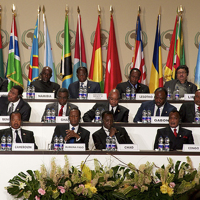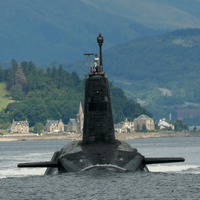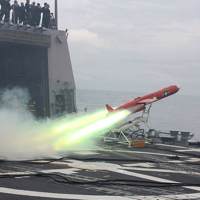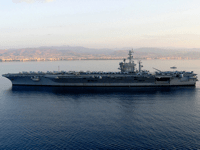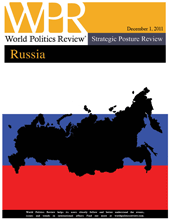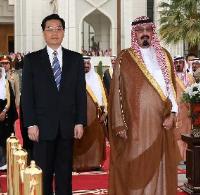
The “Arab Spring” that started early in 2011 has shaken the entire Middle East. Rulers who had reigned for decades have been toppled; power has changed hands; and the few regimes that are resisting changes are still undergoing tumultuous unrest. Beijing has been forced to face the rapidly changing developments and make adjustments both to monitor the potential repercussions at home and to protect its growing commercial interests in the region. Beijing has responded to the events in the Middle East with tentative policy adjustments aimed at securing domestic stability and minimizing economic losses resulting from the unforseen and sudden […]

